
China’s new ideas: People, power, progress
Mark Leonard welcomes Alicja Bachulska and Janka Oertel to discuss their latest book, “The Idea of China.”

Policy Fellow
Chinese foreign policy, China-EU relations, China-CEE relations, Chinese discourse power
Polish, English, French, Chinese
Alicja Bachulska is a policy fellow at the European Council on Foreign Relations, based in ECFR’s Warsaw office. Prior to joining ECFR, she worked for over six years as a China analyst at the Asia Research Centre, a think-tank based at the War Studies University in Warsaw. Since 2019, she has been part of MapInfluenCE, an international project researching Chinese and Russian influence in the V4 region.
Bachulska holds a PhD from the Graduate School for Social Research (GSSR), Polish Academy of Sciences. She graduated from the London School of Oriental and African Studies (SOAS) with a BA degree in Chinese and Development Studies and completed a Master’s Degree in International Politics (Chinese Politics and Diplomacy) at Fudan University, Shanghai.

Mark Leonard welcomes Alicja Bachulska and Janka Oertel to discuss their latest book, “The Idea of China.”

China’s ideas could become the country’s next big export. The Idea of China examines Chinese thinking about global order, AI, demographic change, and more – and considers how these ideas could influence the world
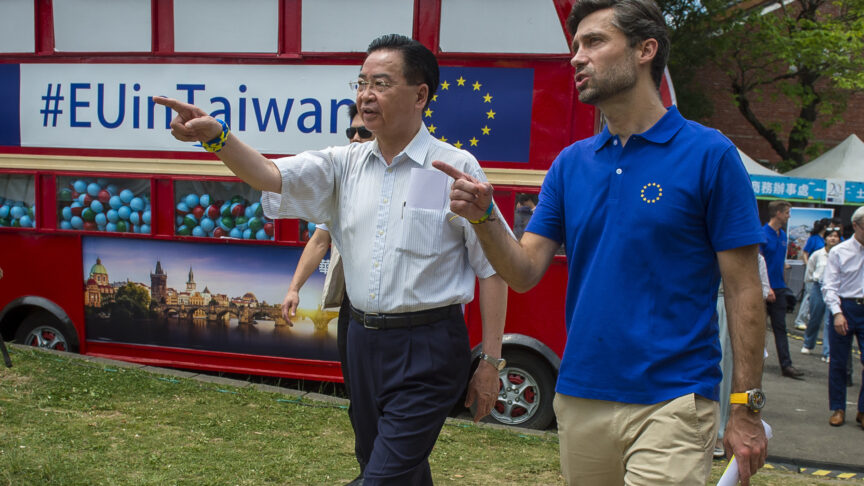
Based on the idea that Russia’s and China’s increasingly aggressive foreign policies are interrelated, Taipei is strengthening ties with central and eastern Europe
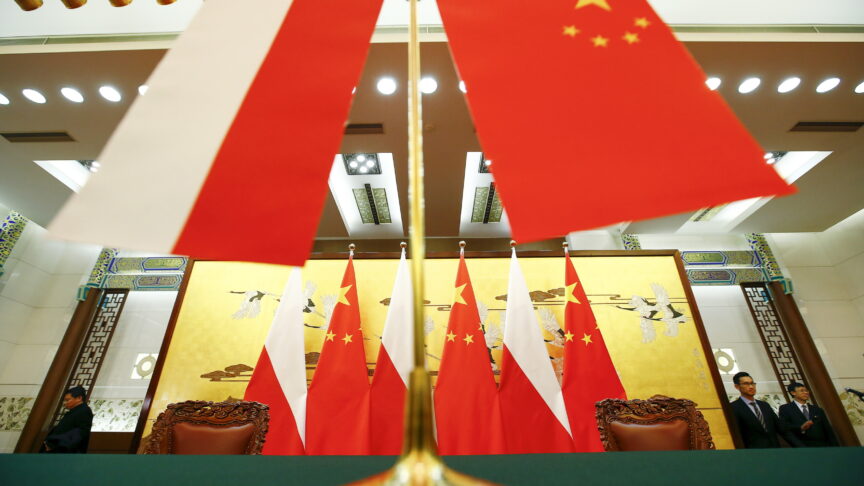
Poland needs to rethink its approach to China. The new government provides an opportunity for Warsaw to work with European partners to develop a China strategy that strengthens both Poland and the EU

China’s zero-covid fallout may represent the start of a new chapter for China – one in which it becomes an increasingly unpredictable force in the world
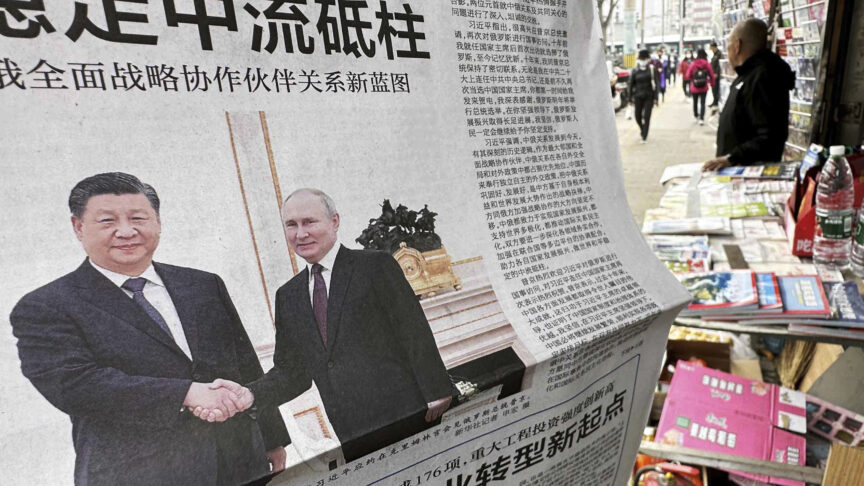
Chinese thinkers are drawing four key lessons from Russia’s war on Ukraine, informing their views on: America, Russia, Taiwan, and economic interdependence with the West
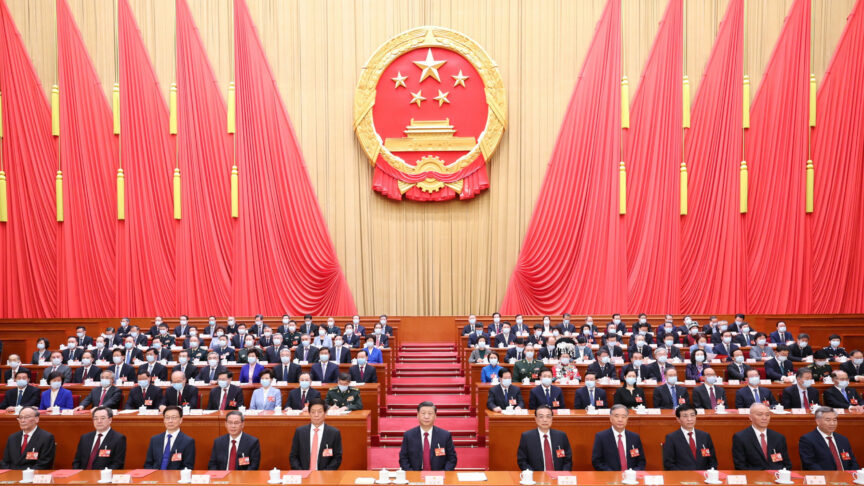
Xi Jinping’s comments at the recent National People’s Congress confirmed Beijing’s ambitions for the next five years – and the challenges they present for Europe
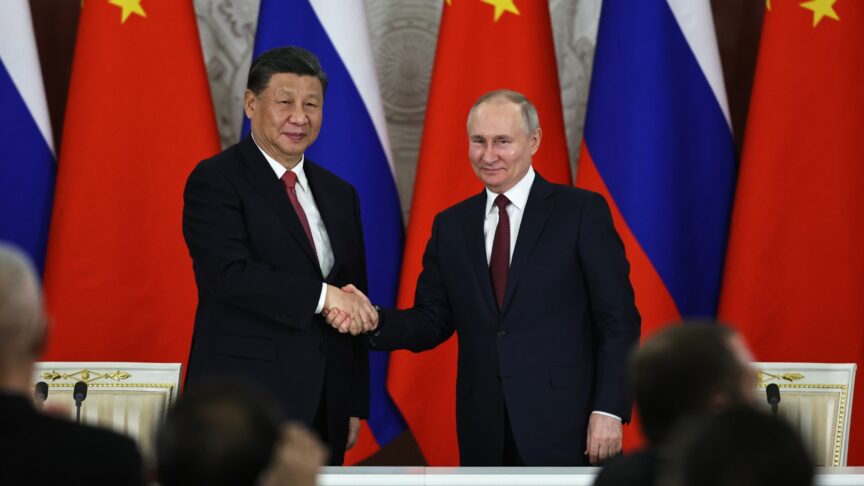
Mark Leonard welcomes Janka Oertel and Alicja Bachulska, to discuss China-Russia relations
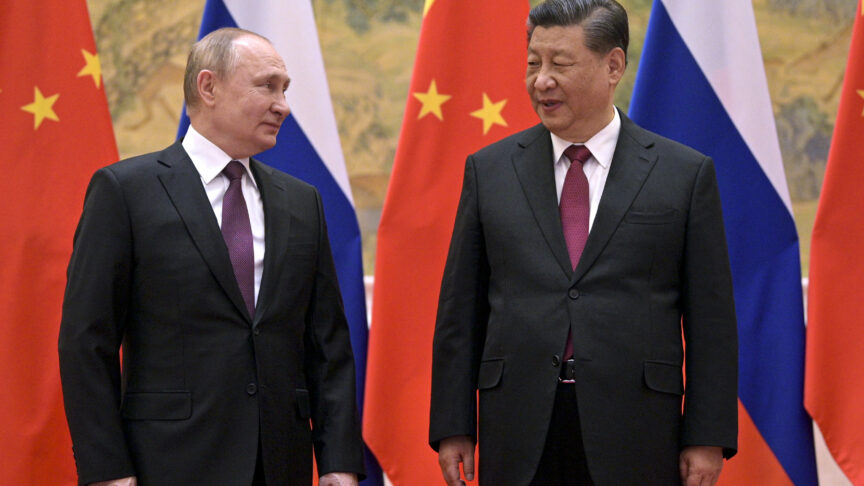
China’s ‘peace plan’ for the war in Ukraine merely underlines its Russia-friendly perspective and desire to protect its own interests
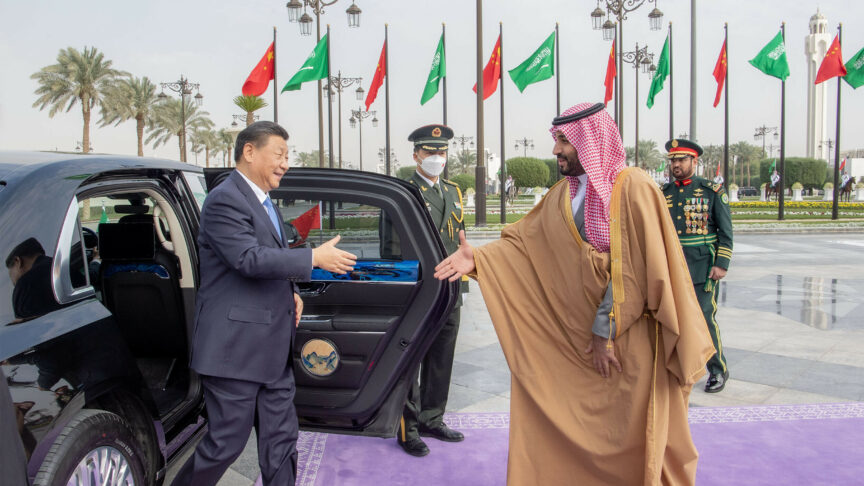
To compete with China’s influence in the Gulf, European governments should embrace multipolarity and offer concrete alternatives to Gulf monarchies

China’s ideas could become the country’s next big export. The Idea of China examines Chinese thinking about global order, AI, demographic change, and more – and considers how these ideas could influence the world

Chinese thinkers are drawing four key lessons from Russia’s war on Ukraine, informing their views on: America, Russia, Taiwan, and economic interdependence with the West

Based on the idea that Russia’s and China’s increasingly aggressive foreign policies are interrelated, Taipei is strengthening ties with central and eastern Europe

Poland needs to rethink its approach to China. The new government provides an opportunity for Warsaw to work with European partners to develop a China strategy that strengthens both Poland and the EU

China’s zero-covid fallout may represent the start of a new chapter for China – one in which it becomes an increasingly unpredictable force in the world

Xi Jinping’s comments at the recent National People’s Congress confirmed Beijing’s ambitions for the next five years – and the challenges they present for Europe

China’s ‘peace plan’ for the war in Ukraine merely underlines its Russia-friendly perspective and desire to protect its own interests

To compete with China’s influence in the Gulf, European governments should embrace multipolarity and offer concrete alternatives to Gulf monarchies

Both China’s zero-covid U-turn and gentler diplomatic tone are politically useful for Xi Jinping. European leaders should remain vigilant in the face of a potential new charm offensive

Mark Leonard welcomes Alicja Bachulska and Janka Oertel to discuss their latest book, “The Idea of China.”

Mark Leonard welcomes Janka Oertel and Alicja Bachulska, to discuss China-Russia relations